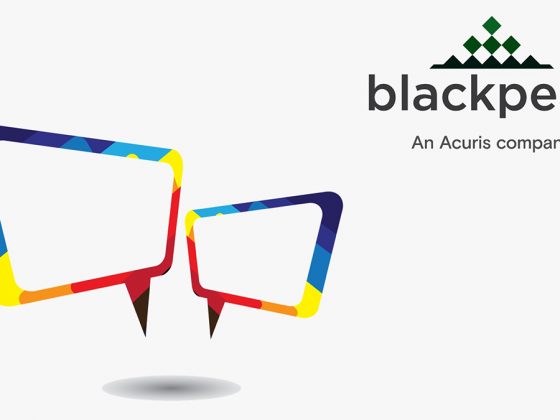By Chris Leahy – Co-Founder, Blackpeak
Online fast fashion retailer, Boohoo Group PLC (BOOH.L), brought tears to the eyes of its shareholders after a Sunday Times investigation in July alleged that a subcontractor of the group was paying less than half of the UK minimum wage to its employees in a sweatshop in Leicester.
The share price tanked as institutional investors dumped the stock. From GBP 3.8750 just ahead of the Sunday Times’ article, the shares fell almost 46% in a few days, to a low of GBP 2.10, before recovering some of the lost ground in the weeks since. The longer-term impact on the company may be more painful than the dent to its market capitalization. Major retailers that carried the group’s fast fashion brands have canceled orders and refused to deal with the group until they are satisfied that Boohoo has got its house in order.
Among the investors that were burnt in the share price rout were several prominent ESG-focused investment funds, including, in a cruel irony, the Aberdeen Standard Investments’ UK Impact Employment Opportunities Equity Fund.
The company was quick to express outrage—as well as ignorance—of the Sunday Times allegations. The Boohoo board announced an independent review of its supply chain and a GBP 10 million commitment to eradicate supply chain malpractice.
It seems that the money may well be needed to fix Boohoo’s own supply chain. While denying the Sunday Times’ claims of modern-day slavery within its UK supply chain, the company was forced to admit that a subcontractor of a subcontractor, instead of manufacturing a contracted order in the UK, had in fact sourced products from Morocco and repackaged them as UK-manufactured to meet contractual requirements.
Red-Faced Raters
Along with tearful investors were red-faced ESG ratings agencies, in no small part responsible for Boohoo’s putative ESG credentials. Enormous demand for ethical investing from asset owners has driven the growth in ESG-focused funds: more than 3,000 asset owners, investment managers, and other firms have signed the UN Principles for Responsible Investment declaration, accounting for more than USD 100 trillion in assets under management and/or owned. Combined with the move toward passive investing and the growth of Exchange Traded Funds, demand has taken off for third-party ESG ratings to launch new funds or reorient existing strategies toward ethical investments.
No one expects demand to tail off. According to Research Affiliates, a research advisory firm focused on smart beta and asset allocation strategies for investment institutions, there are already some 70 providers of ESG data and ratings, including firms providing ESG scores or ratings used by institutions for portfolio construction.
Several of these ratings agencies issued glowing scores for Boohoo, which explains, at least in part, why so many ESG funds were invested. CSRHub, an aggregator of ESG ratings and other data sources, awarded Boohoo a CSR/ESG ranking of 70%, suggesting a significant outperformance among the almost 20,000 companies ranked.
Yet the NGO, Fashion Revolution’s Fashion Transparency Index, which independently ranks the 250 largest fashion brands and retailers based on their disclosure of social and environmental policies, practices, and impacts, ranked Boohoo in the bottom 10%, and scoreless on the issue of traceability, the very issue that tripped Boohoo up.




